About
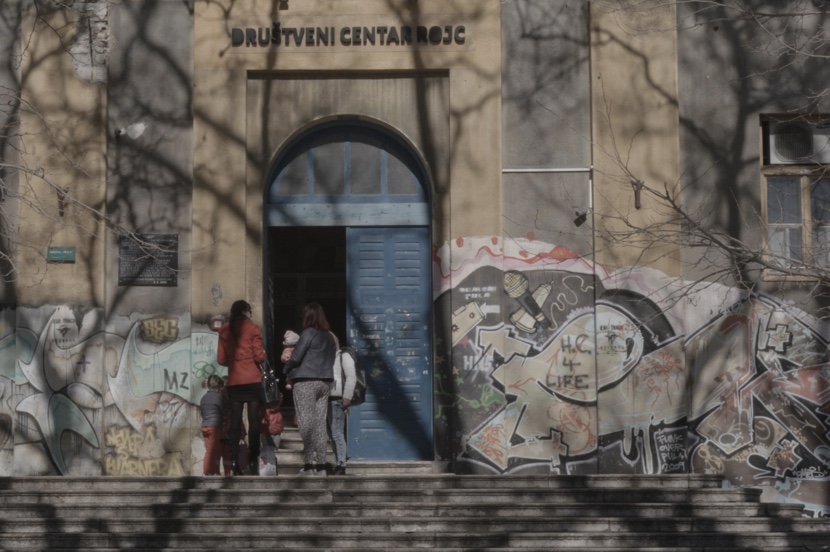
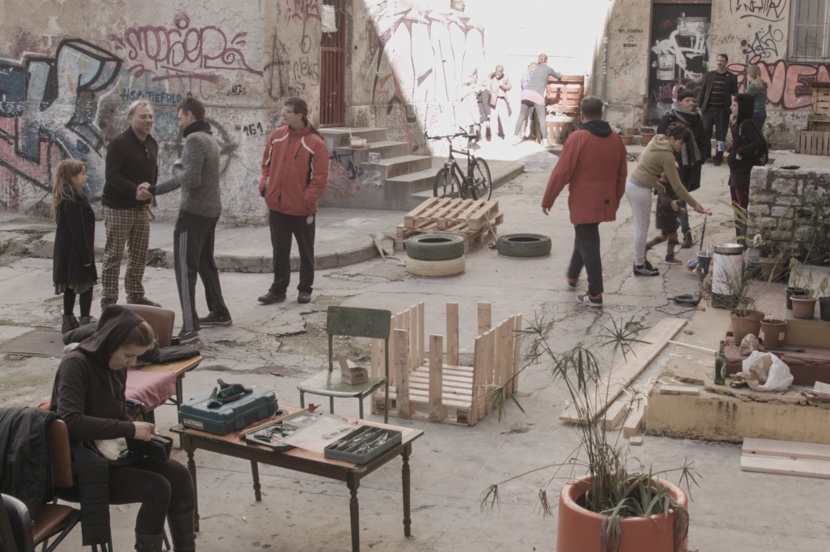
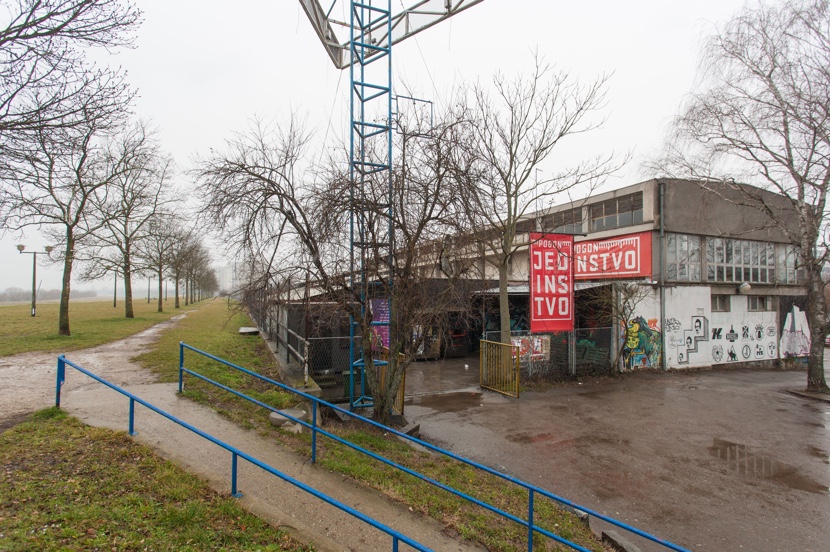
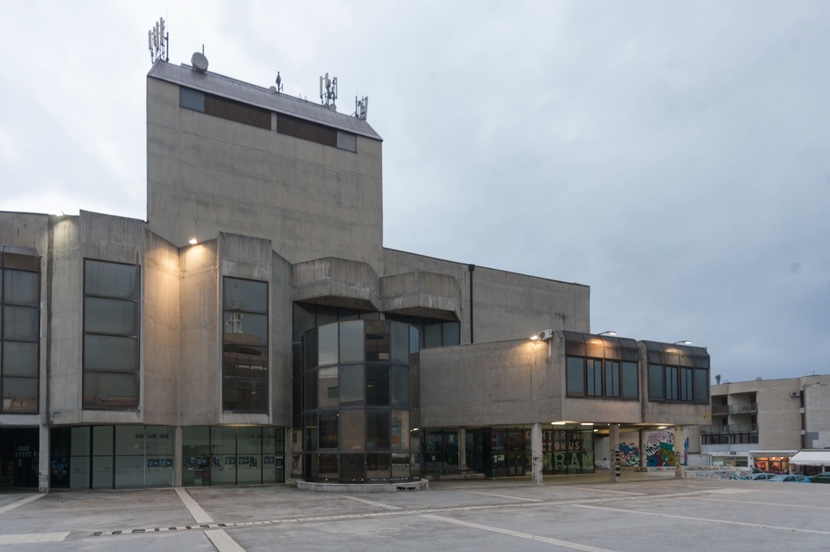
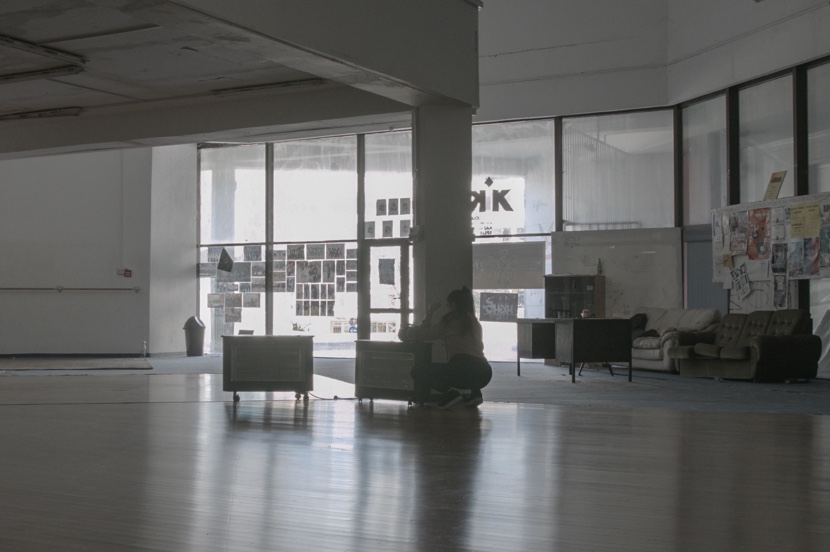
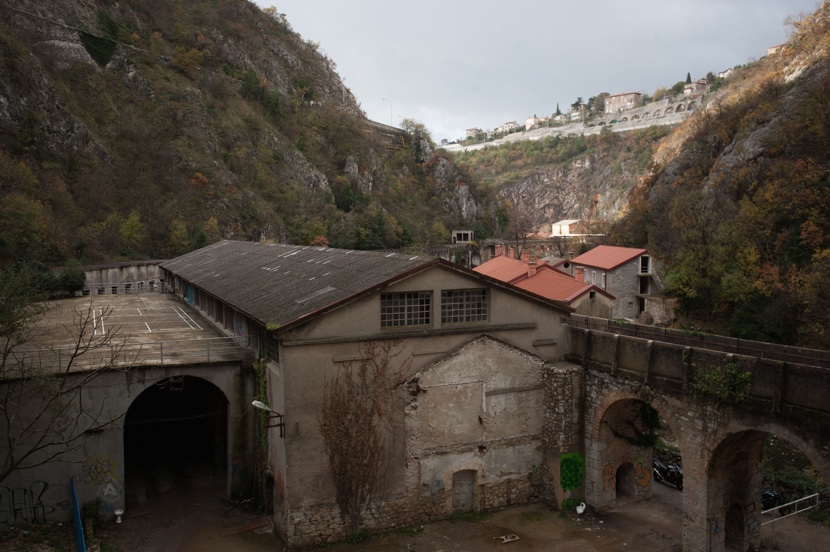
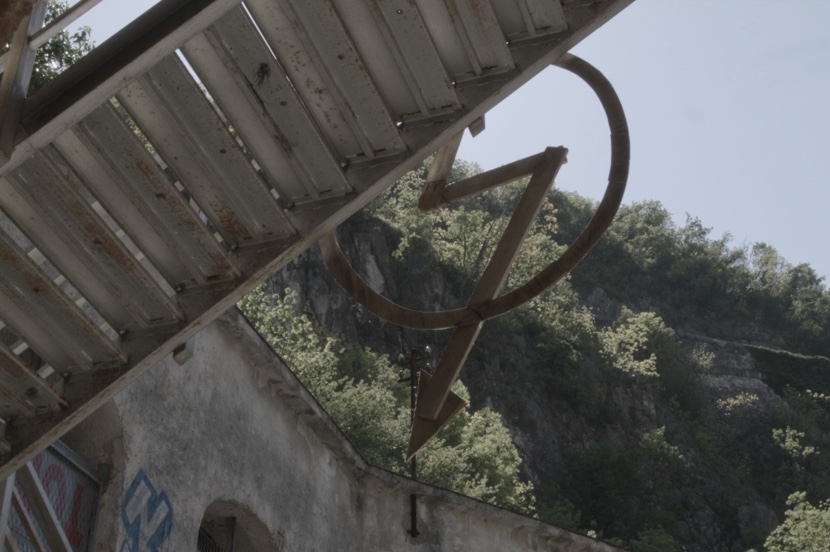
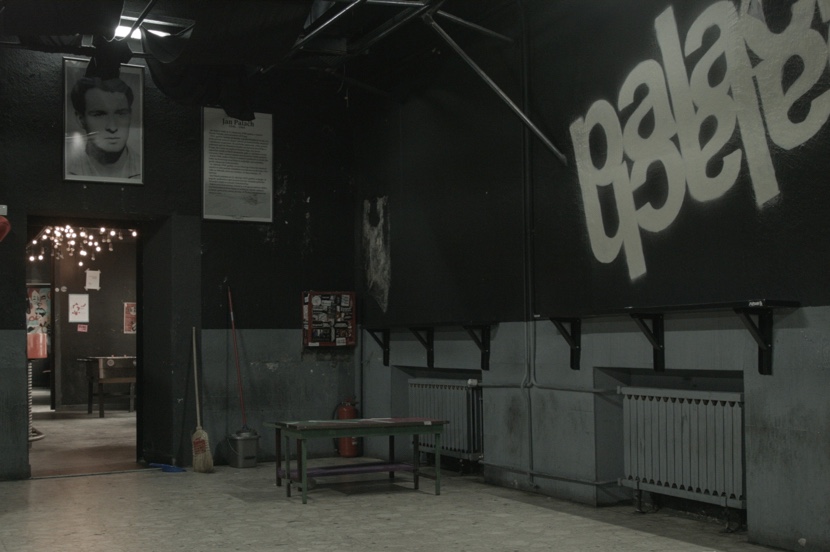
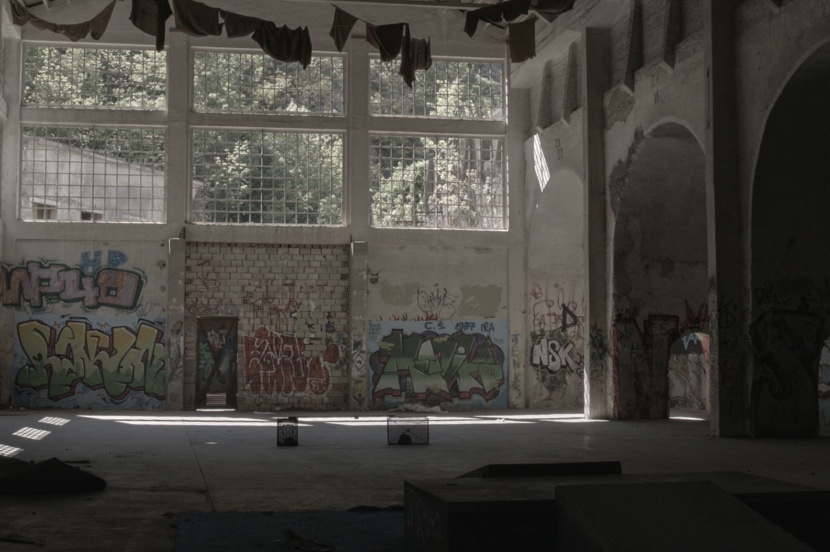
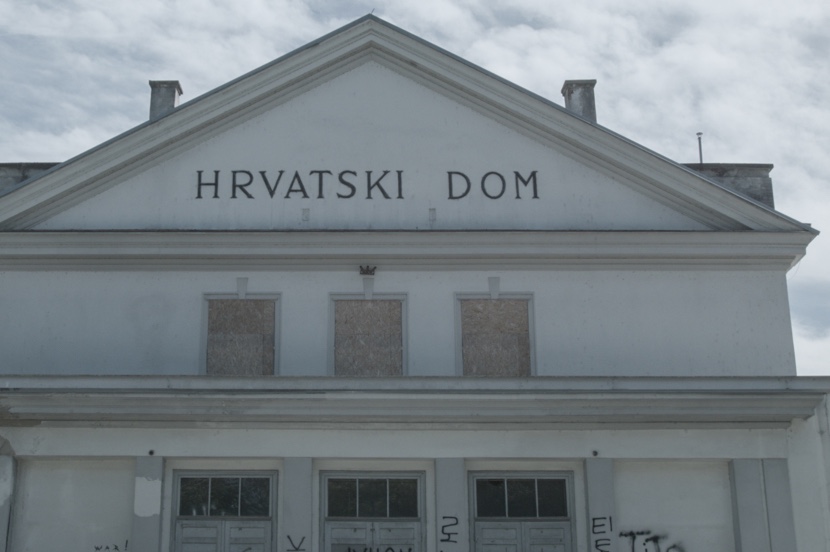

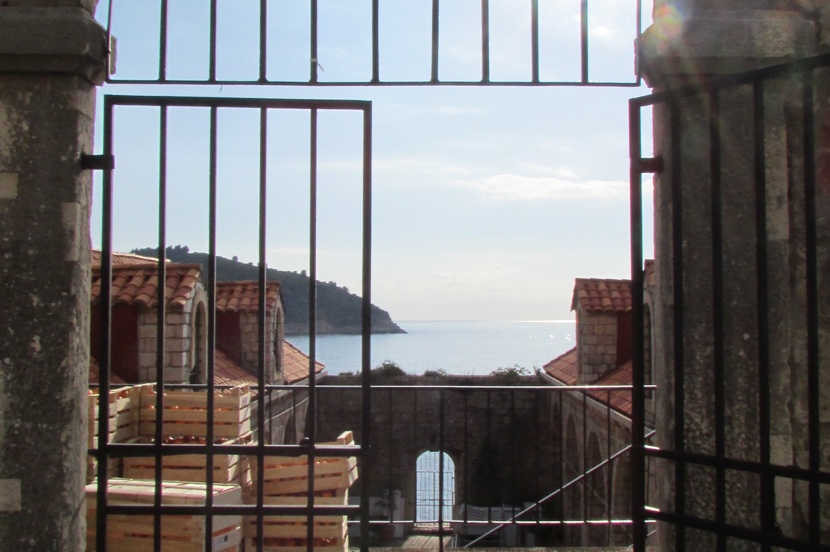
The necessity of new models of governance in culture has become a European and global issue in recent decades. Traditional public governance and market-oriented governance systems have increasingly proven inadequate to respond to the complex realities of policy challenges and ongoing transformations in the socio-economic environment, encompassing the needs of cultural professionals and artists, audiences and local communities. Due to public governance deficiencies and market failures, many cultural initiatives around the globe are introducing new perspectives that challenge traditional governance models and are experimenting with innovative approaches to governance surpassing the conventional and representative institutional frameworks. In effect, these diverse examples demonstrate reorganizations in existing structures and regimes of governance through practices and actions of participatory and collaborative governance that entail non-hierarchical forms and institutional formats of interaction and relations between public, private and civil society stakeholders. These institutional changes open up an understanding of culture as shared resources and position the practicing of culture within a commons perspective.
A number of new terms are used to describe the development of many different versions and forms of arrangements between various stakeholders in the process of co-governance. Since joint activities and structures, as well as participatory decision-making processes regarding shared resources and common goods, heavily depend on local context, examples of participatory governance address diverse context-related problems and issues, and feature different arrangements of horizontal relationships and shared responsibilities of various stakeholders in the process of governance. Participatory governance in the domain of culture is becoming particularly relevant in dealing with increasing social inclusion, (re)instating cultural democracy at local levels and strengthening the position of local communities. At the same time, the extent to which these practices have been affirmed, developed, adopted and promoted by existing policy structures, instruments and theories, is also context-dependent. Therefore, there is a vital need for research in participatory governance practices, theories and policies that can be utilized as a knowledge resource for sustainable cultural planning and development.
The Conference intends to cover a number of issues and concerns about the challenges, limitations, paradoxes and perspectives that cultural research, practices and policies are increasingly facing around the concept of participatory governance in culture. In order to understand the meaning and role of participatory governance in culture, it is important to explore: changes in the socio-political context, cultural and social effects of new models of governance, modes and levels of involvement of all relevant stakeholders in decision-making processes and the (re)organization and relevance of their roles. Consequently, the Conference aims to explore the domain of participatory governance in culture from various angles, involving topics such as: 1) the implications of participation for democratic values in public (cultural) policies; 2) the complexities of power relations and authority devolution between different stakeholders; 3) differences among private, public and common interests of all relevant stakeholders; 4) ethics of participation; and 5) institutional and policies change and innovation.
The Conference is looking for a wide range of conceptual and empirical case studies, as well as papers exploring different aspects of participatory governance in national and local policy contexts across a variety of socio-political geographies.